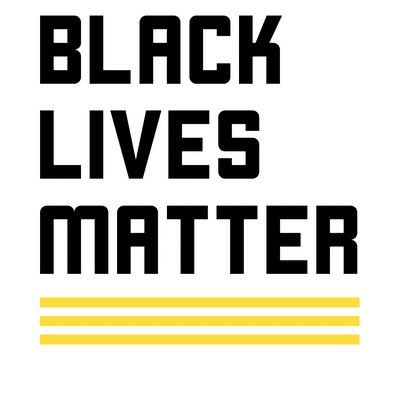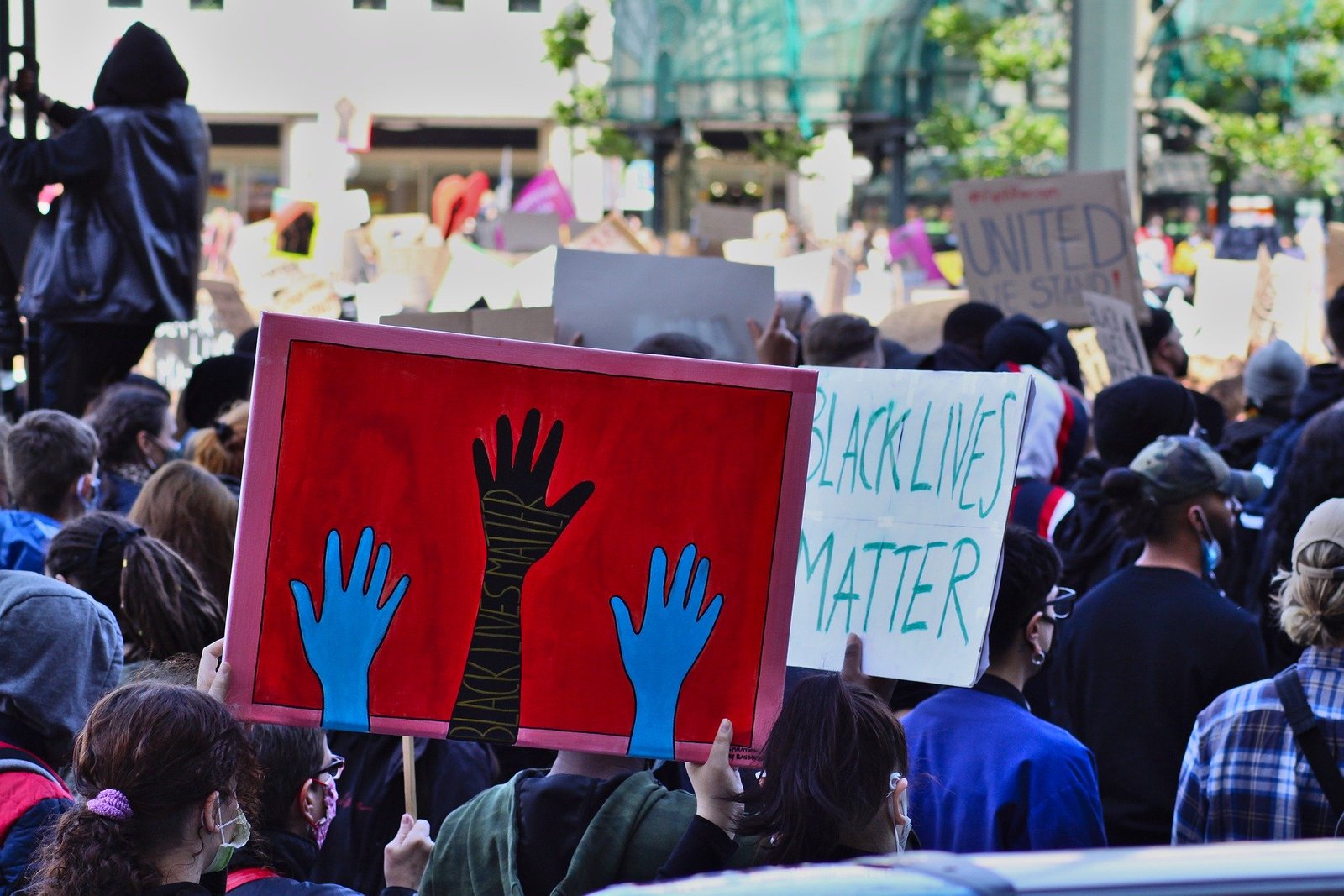The famous Irish actor Liam Neeson has faced backlash after admitting that he once set out to engage in racist violence. How should we as a society respond?
In a recent interview for his new film Cold Pursuit, Liam Neeson described how he had once set out looking for an excuse to kill a black man after his friend was raped.
Responses to this admission have ranged from condemnation to applause. It is clear that, in the interview, Liam expresses shame and regret over his actions – calling it ‘bigotry’. To suggest, as some have, that Hollywood celebrities might be on the prowl looking for racial minorities to bash is more than a little hyperbolic.
However, Liam’s admission, and people’s reactions to it, reveal an ongoing fault within our society. To Liam, this event was 40 years ago – long in his past, in the context of a violent and turbulent Northern Ireland. But to some, this feels like it could have been yesterday. Nobody should have to live in fear of being the target of a violent, hateful attack simply because of their identity.
To condemn Liam Neeson for admitting to his actions risks contributing further to a neoliberal, virtue-signalling future in which prejudice is a product of moral failing on the part of individuals while rich public figures seek to present themselves as pure and innocent. Punishing him now will do nothing to prevent more racist attacks on the part of young white men looking to offload their aggression.
On the other hand, Liam should not be expected to get off so lightly. His admission came in the course of promoting yet another violent revenge fantasy of the sort so common in Hollywood. Although the deaths of those close to us are an incredibly common theme in fiction as a way of severing a character’s ties to home, we should be concerned about the way violence against women is portrayed as a justification for violent retribution by men. In a sense, liberating the man in question (and it is almost invariably a man) from the expectations of living a peaceful, respectful existence and providing him with a justification for extreme aggression.
To sincerely atone for past mistakes takes more than a simple apology. Bringing it up in an interview to promote a film should never have been his first resort. If Liam is sincere about addressing the dangers of violent impulses, he could do a lot more to contribute – by funding charities fighting male violence or even volunteering to speak himself to young white men in danger of being drawn into that world.







Article Discussion